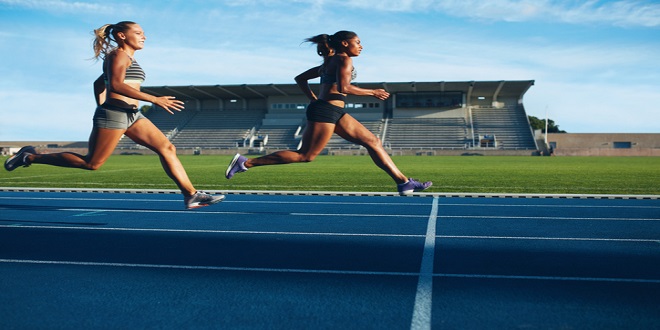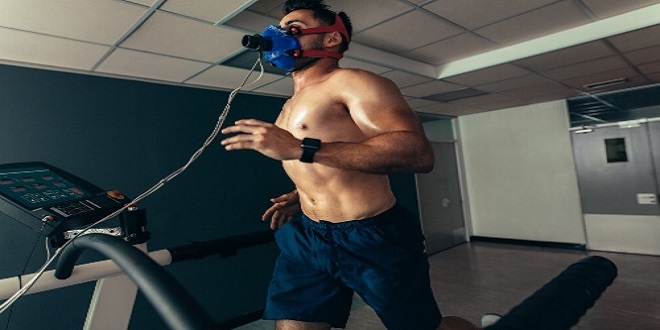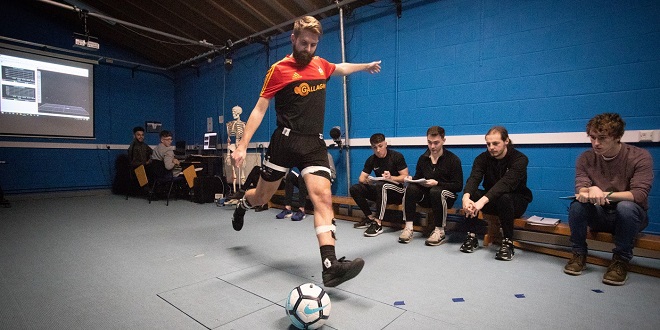The Field Of Sports Nutrition

The field of sports nutrition, although still in its infancy and not clearly defined, is a rapidly growing area of practice.1 The training of individuals practicing in this area is quite varied, with 86% holding graduate degrees, including doctorates (33%).2 Although nutrition is one of the most common areas of study of most individuals who are practicing in this field (47%), individuals who are trained in medicine, basic sciences (30%), education, health, or exercise physiology (23%) are also actively involved
These individuals may also need to develop care plans to meet the daily nutrition and medical needs of athletes and active individuals during training and competition, depending on the type of activity and on special needs such as the demands of growth and development, vegetarian dietary habits, pregnancy, and individuals with physical and mental disabilities
ROLE OF NUTRITION IN EXERCISE AND PERFORMANCE
Athletic and exercise performance is not only influenced by the training schedule of the athlete but is also dramatically influenced by the nutritional status of the individual. Total dietary intake not only influences training and performance, but also the strength and endurance of the individual.
Additionally, the composition of dietary intake can significantly impact the metabolic responses to exercise, which, in turn, can impact performance. It is therefore important to pay close attention to the dietary and nutrient intakes of these active individuals to enhance performance and exercise capacity
GENERAL DIETARY RECOMMENDATIONS FOR ACTIVE INDIVIDUALS
Because proper nutrition plays an important role in performance, it is important that athletes regularly consume a well balanced and varied diet to enhance not only their training, but also their exercise and competition capacity. Specifically, what athletes consume prior to, during, and immediately after competition or exercise can influence their performance and recovery.
Pre-exercise or pre-competition meals, i.e., 4 hours prior to event, should include adequate amounts of carbohydrates, especially complex carbohydrates, and fluids.13 Athletes should consume familiar foods and those that will not cause gastrointestinal distress. Individuals who are nervous and develop GI prior to competition may benefit from liquid meal supplements that will provide not only fluids, but also the energy and nutrients needed for the actual competition.
During performance, especially endurance activities greater than 1 hour in duration, regular small carbohydrate feedings in the form of sports beverages, may be beneficial in maintaining blood glucose levels during the performance.16 Similarly, immediately after exercise or competition athletes should be encouraged to consume adequate amounts of carbohydrate-containing foods to replace muscle glycogen stores that were depleted during the performance
FLUID RECOMMENDATIONS
In addition to adequate dietary and nutrient intake, fluid intake plays an important role in physical performance.25 Dehydration by itself or along with hypothermia, which can occur as a result of dehydration, can result in decreased performance.
An increase in body temperature has been shown to result in fatigue and decreased performance despite adequate glycogen stores.25 Sweat loss during training and competition needs to be replaced with adequate amount of fluids. However, athletes typically fail to accomplish this, resulting in dehydration. The ideal rate of fluid replacement is equivalent to the rate of sweat loss. The American College of Sports Medicine26 (ACSM) recommends that, “During exercise athletes should start drinking early and at regular intervals in an attempt to consume fluids at a rate sufficient to replace all the water lost through sweating, or consume the maximal amount that can be tolerated




